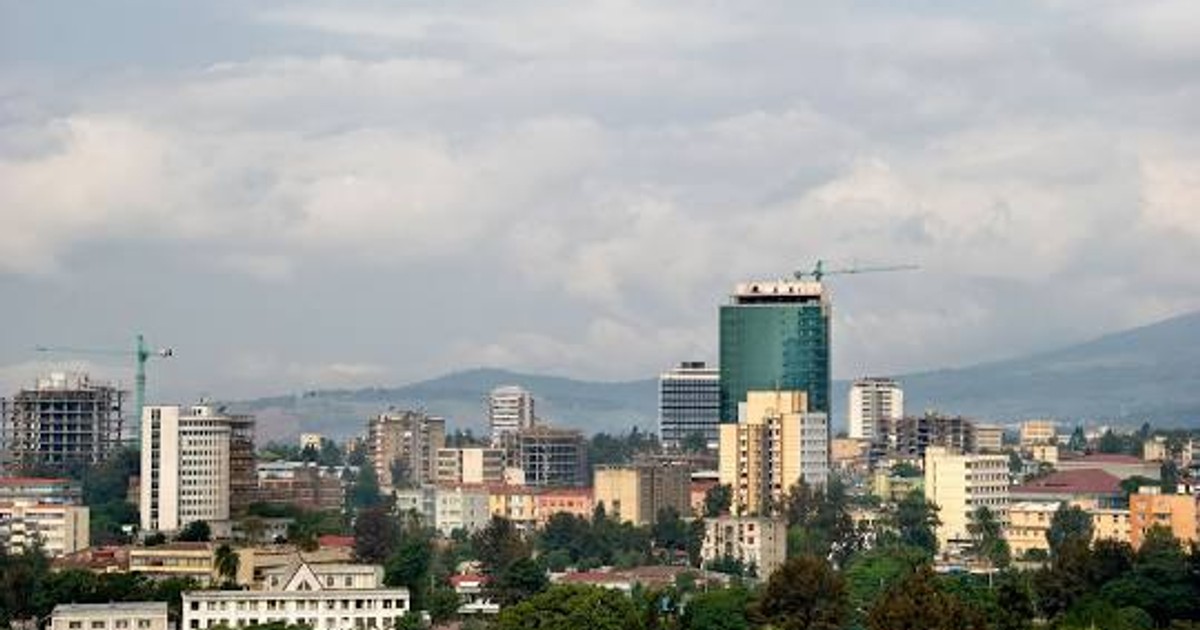Lifestyle in Addis Ababa, the capital city of Ethiopia, is a costly affair. The average cost of living in the city amounts to a substantial $1,103, a figure that far surpasses the median after-tax salary of $231. This leaves individuals in a precarious situation, with only two months’ wages to cover their expenses.
Addis Ababa, as the largest city in the country, has a population of approximately 5.23 million. While it may not rank highly in terms of liveability, it is still considered the best city to live in Ethiopia. However, the cost of living continues to pose a significant challenge for its residents.
So, what are the key factors contributing to the high cost of living in Addis Ababa? One major issue is the ongoing civil war, which has a significant impact on the city’s economy. The conflict has led to inflation, currency fluctuations, and a rise in the cost of living.
In conclusion, living in Addis Ababa can be a daunting task, especially considering the limited salaries in the city. Understanding the factors contributing to the high cost of living, such as the ongoing civil war, is crucial for those looking to make the city their home.Ethiopia’s Civil War: A Pivotal Moment for the Nation’s Economy and Daily Life
The ongoing civil war in Ethiopia has left a lasting impact on the country’s economy, leading to increased costs for essential services like housing, food, healthcare, and education, as well as shortages of basic goods. The war, which lasted from November 2020 to November 2022, has brought about significant challenges to the nation’s financial stability.
One of the most pressing concerns is the displacement of people, with many rural residents being forced to migrate due to limited transportation options, particularly with regard to fuel shortages. This migration has led to increased pressure on already-strained resources, further exacerbating the economic burden.
Ethiopia is a landlocked country, which presents its own set of challenges. To access the Ethiopian markets, all imported commodities must first pass through neighboring countries like Djibouti. This increases the cost of transportation, particularly for bulk items, thereby boosting the price of goods for consumers.
The cumulative effect of these challenges is a economy that is struggling to provide for its citizens’ basic needs. As the nation navigates this tumultuous period, it is crucial to address these issues head-on in order to ensure a more stable and prosperous future for all Ethiopians.**The Most Expensive City in Africa: Adidas Ababa**
Adidas Ababa, the largest city in Africa, is renowned for its high cost of living. This article will delve into the factors that contribute to its elevated expenses and explore the implications for its residents.
**Import Restrictions Take Center Stage**
One significant factor affecting the cost of living in Adidas Ababa is the array of import restrictions in place. Tariffs, foreign exchange controls, and other regulatory measures can drastically increase the price of goods, making it more challenging for residents to afford essential items.
**A Delicate Balance**
The city’s import restrictions were introduced to protect local industries, but in reality, they often have the opposite effect. For instance, restrictions on imports of furniture, perfumes, makeup, and other goods can stifle innovation and entrepreneurship, ultimately harming the local economy.
**Other Expensive African Cities**
While Adidas Ababa takes the top spot, other African cities are not far behind. Harare, Zimbabwe, Dakar, Senegal, and Cape Town, South Africa, are also known for their high cost of living. Residents of these cities face similar challenges in making ends meet, often forcing them to make tough decisions about how to allocate their incomes.
In conclusion, the high cost of living in Adidas Ababa is a pressing issue that requires a nuanced approach. By understanding the underlying factors, including import restrictions, we can better appreciate the need for economic reforms that promote growth and development, ultimately improving the quality of life for its residents.



